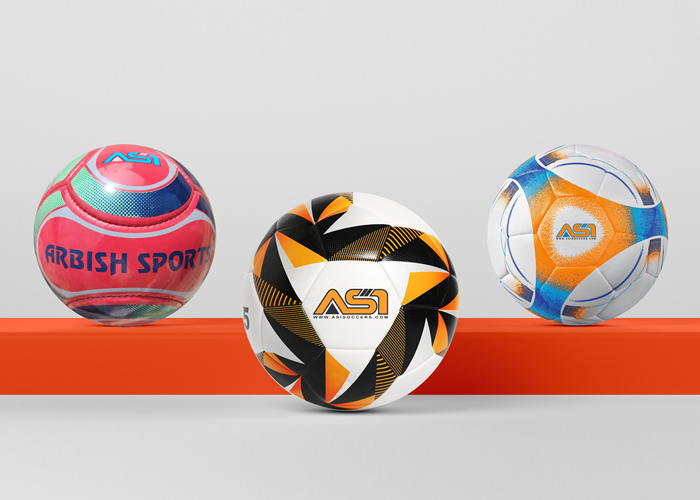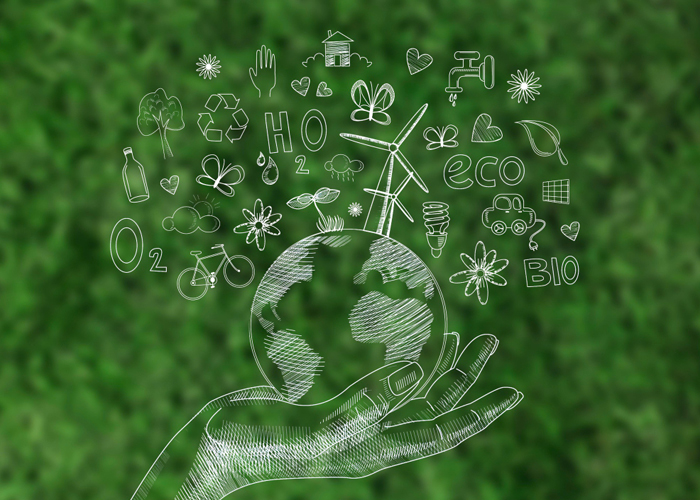Sustainable Soccer Balls and Uniforms: Driving Eco-Consciousness in the FIFA Pro Era

Table of Contents
ToggleWith the FIFA World Cup 2026 just around the corner, the global spotlight is once again on the world’s most popular sport, soccer. However, in recent years, there has been a growing emphasis on sustainability and environmental consciousness across various industries, and the world of soccer is no exception. As the demand for eco-friendly alternatives rises, FIFA Pro, sportswear brands, and manufacturers are joining forces to develop sustainable soccer balls and uniforms that not only enhance performance but also reduce the ecological footprint of the beautiful game.
The Rise of Sustainability in Sportswear
Sportswear has traditionally been associated with high-performance materials and cutting-edge technologies. However, the production processes and materials used in creating sports apparel have often had a detrimental impact on the environment. Recognizing the urgent need to address these concerns, sportswear brands have started incorporating sustainable practices into their manufacturing processes.
Soccer Uniforms with a Green Twist

In the pursuit of eco-consciousness, sportswear brands have introduced sustainable materials into the production of soccer uniforms. Recycled polyester is increasingly being used to create high-quality jerseys that offer superior performance while reducing waste and conserving resources. Additionally, some brands have adopted organic cotton, which eliminates harmful pesticides and reduces water usage during cultivation.
Manufacturers are also exploring innovative technologies to reduce the environmental impact of soccer uniforms. This includes dyeing techniques that minimize water consumption and the use of environmentally friendly dyes. Furthermore, many companies are now incorporating ethical and fair-trade practices into their supply chains to ensure the welfare of workers involved in the production process.
Sustainable Soccer Balls: Kicking off Change

Soccer balls are at the heart of the game, and their production has historically relied on synthetic materials and harsh chemical processes. However, sustainable soccer balls are making their mark on the field. Manufacturers are exploring eco-friendly alternatives by using natural or recycled materials for the outer casing, bladder, and stitching.
For official FIFA Pro matches, soccer balls are meticulously designed to meet specific standards set by FIFA. These sustainable match balls are now being crafted with eco-friendly materials and manufacturing processes. By incorporating organic materials, such as natural rubber, manufacturers are reducing the carbon footprint associated with soccer ball production.
Practice soccer balls, commonly used by players at all levels, are also undergoing a sustainable makeover. Manufacturers are developing training balls made from recycled materials, offering a durable and environmentally friendly option for players to hone their skills while minimizing waste.
Collaboration for a Greener Game

The FIFA World Cup 2026, set to be hosted across multiple cities in North America, presents an unparalleled opportunity to showcase sustainable practices on a grand scale. FIFA, along with its partner organizations and sponsors, is actively encouraging the use of sustainable soccer balls and uniforms during the tournament. By implementing eco-friendly initiatives, FIFA aims to promote environmental awareness and inspire positive change within the soccer community and beyond.
Moreover, collaborations between FIFA, sportswear brands, and manufacturers are driving innovation in sustainable soccer gear. These partnerships are not only focusing on improving the materials used but also on optimizing manufacturing processes to minimize waste, reduce energy consumption, and lower carbon emissions.
Sustainability in Soccer: A Growing Focus Ahead of FIFA World Cup 2026
As the world gears up for the FIFA World Cup 2026, the focus on sustainability in soccer is gaining momentum. Arbish Sports, a leading manufacturer from Sialkot, Pakistan, is at the forefront of this shift by introducing eco-friendly materials, adopting sustainable manufacturing practices, and emphasizing ethical standards. The soccer industry, including Arbish Sports, is playing a significant role in promoting environmental consciousness. Sustainable soccer balls and uniforms are paving the way for a greener game, inspiring athletes and fans alike to embrace eco-friendly alternatives and contribute to a more sustainable future.
Arbish Sports and the Future of Sustainable Soccer
With FIFA Pro, sportswear brands, and manufacturers like Arbish Sports leading the charge, the beautiful game is set to become a champion for sustainability both on and off the field. By prioritizing innovation in sustainable design and production, Arbish Sports is helping to shape the future of soccer, ensuring that the sport remains a beacon of environmental responsibility as it continues to captivate fans worldwide.
Some Useful information regarding the FIFA World Cup 26

It will be the first time that the tournament is played in three countries, and the first time that 48 teams will participate.
The FIFA World Cup 26 is set to be the biggest event in the tournament’s illustrious history.
For the first time ever, the World Cup will be hosted across three countries, as the festival of football heads to Canada, Mexico and USA.
Not only will more countries host the party than ever before, but more invitations are on offer to World Cup hopefuls. A record 48 nations will flock to North America in 2026 to take part in the ground-breaking tournament.
The tournament will be split into 16 host cities, with 11 in USA, three in Mexico and two in Canada.
USA: Atlanta, Boston, Dallas, Houston, Kansas City, Los Angeles, Miami, New York / New Jersey, Philadelphia, the San Francisco Bay Area and Seattle.
Mexico: Guadalajara, Mexico City and Monterrey.
Canada: Vancouver and Toronto.
- Facebook
- Twitter
- Linkedin
- Whatsapp




